Hospitals in New York have begun testing a commonly used heartburn drug in the treatment of COVID-19. The drug, called famotidine, is the active compound in the over-the-counter heartburn drug Pepcid.
The clinical trial began on April 7 at Northwell Health in the New York City area, where COVID-19 patients began high-dose intravenous administration of famotidine.
Kevin Tracey, MD, former neurosurgeon and president of Feinstein Institutes for Medical Research at Northwell Health, has revealed that 187 critically ill patients have enrolled in the trial so far with aims of having close to 1,200 soon. Northwell Health forms a network of 23 hospitals in the New York City area.
Speaking to CNN, Dr. Tracey said that, “there are many examples in the history of medicine where a drug that was designed for one purpose turns out to have an effect in another disease.”
Famotidine joins a growing list of repurposed drugs being tested for COVID-19, which includes the anti-malarial drugs chloroquine and hydroxychloroquine. If shown to be effective, the widespread administration of famotidine would be relatively easy as it is generally safe, readily available and inexpensive.
The trial involves giving half the patients famotidine in addition to hydroxychloroquine, while the other half will be given intravenous saline as a placebo. Moving forward, however, hydroxychloroquine may not be used in the trial because last week the US Food and Drug Administration (FDA) cautioned against its use for COVID-19 due to possible side effects.
Related: Trials for New COVID-19 Drug That Blocks Viral Infection Begin in Patients
Heartburn Medication and COVID-19 Observations
The rationale for studying famotidine as a potential COVID-19 treatment stemmed from findings in China where doctors found that patients taking the heartburn drug were living longer and doing better than patients who were not taking it.
While these observations have not been officially published yet, the Chinese doctors, along with Michael Callahan, MD, an infectious disease specialist at Massachusetts General Hospital who worked with coronavirus patients in Wuhan, China back in January, noted that among COVID-19 patients who were taking medication for heartburn, low income patients taking famotidine were surviving longer than their wealthier counterparts who were taking the more expensive heartburn medication, omeprazole (Prilosec); the latter is also typically prescribed for heartburn in the US.
According to a report on the findings in Science Magazine, among hospitalized COVID-19 patients, the mortality rate of patients on famotidine was about 14 percent compared with 27 percent for those not on the drug. It is important to note that the analysis was not robust and that the result was not statistically significant.
Nevertheless, the findings prompted the Chinese doctors and Dr. Callahan to raise alert on famotidine as holding potential for treating COVID-19.
In addition, according to the Science Magazine report, Dr. Callahan got in touch with Robert Malone, MD, chief medical officer of Florida-based Alchem Laboratories, who then partnered with Josh Pottel, PhD, computational chemist and president of Montreal-based Molecular Forecaster, to use computer modelling to assess the binding of candidate compounds to viral targets.
Dr. Pottel zeroed-in on about 2,600 drug candidates, including famotidine, to see which of them could bind to the viral enzyme papain-like protease (PLP), which is involved in the replication of the SARS-CoV-2 virus that causes COVID-19. The results showed famotidine to be among the top three candidates in the list of drug hits obtained.
Dr. Callahan then contacted Dr. Tracey at Northwell about conducting a double-blind randomized trial for famotidine. Northwell received FDA approval and used its own funds to begin the trial. It took several weeks to obtain just half of the amount of famotidine required for the trial in sterile vials as the injectable version is not used widely.
Researchers Warn Against Stockpiling
In contrast to other drugs that the hospital network is currently testing, including Regeneron’s sarilumab and Gilead Sciences’s remdesivir, Northwell Health kept tight-lipped about the famotidine study so it could procure a research stockpile before other institutions, the federal government or even the general public could begin purchasing it in large amounts.
“If we talked about this to the wrong people or too soon, the drug supply would be gone,” said Dr. Tracey.
Moreover, experts warn that as with President Trump’s evidenceless backing of hydroxychloroquine as a “game-changer” for COVID-19 – which has so far shown limited effectiveness based on preliminary results from a study conducted in hospitals across the New York City area – similar negative results could also come out of the study on famotidine.
Preliminary data from the famotidine trial is anticipated to be available within a few weeks.
Patients in the trial are receiving large amounts of the drug – nine times the amount used for treating heartburn. Based on this, Dr. Tracey advises that, “you should not go to the drugstore and take a bunch of heartburn medicine.”

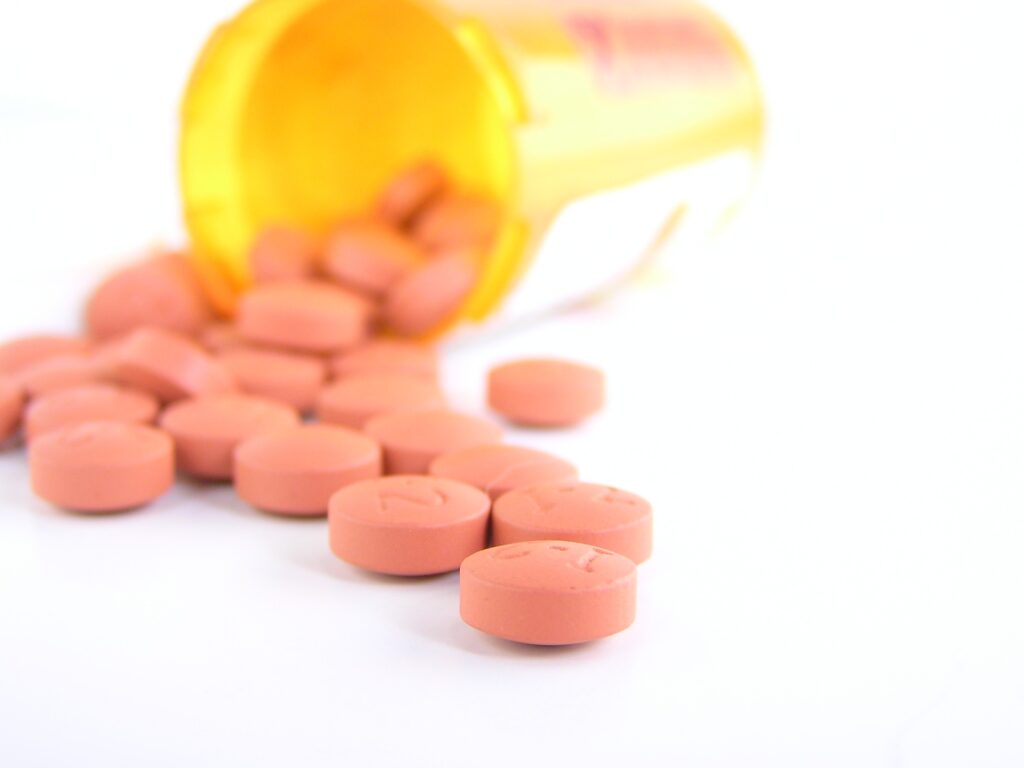
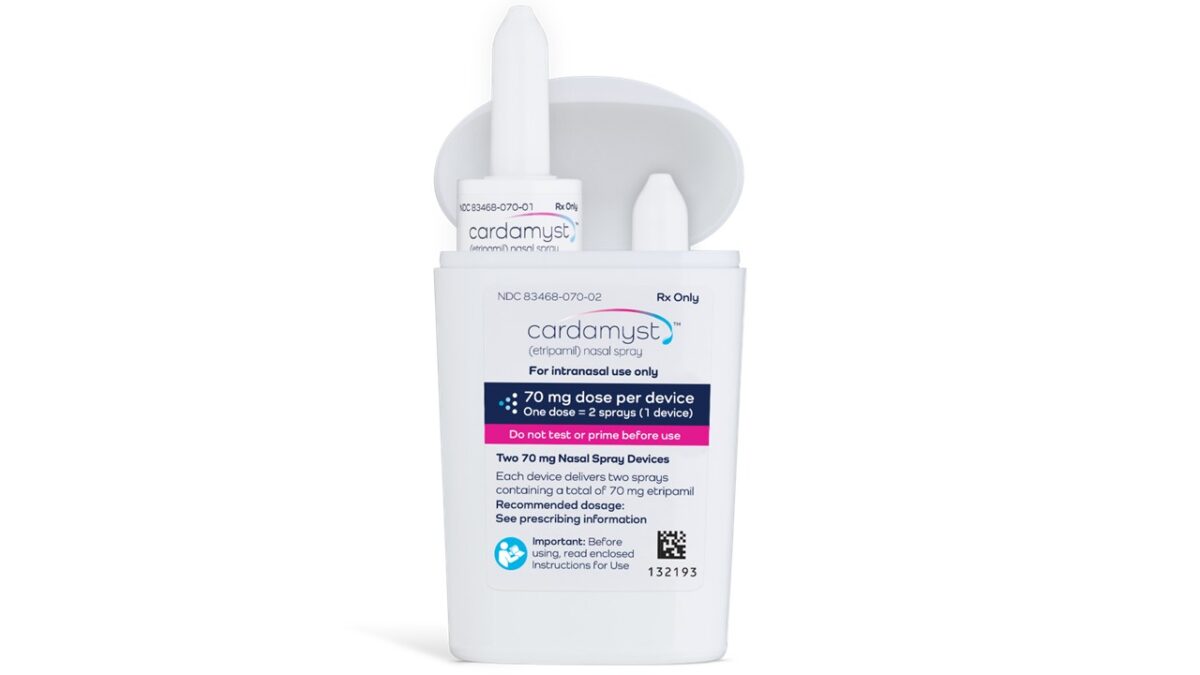
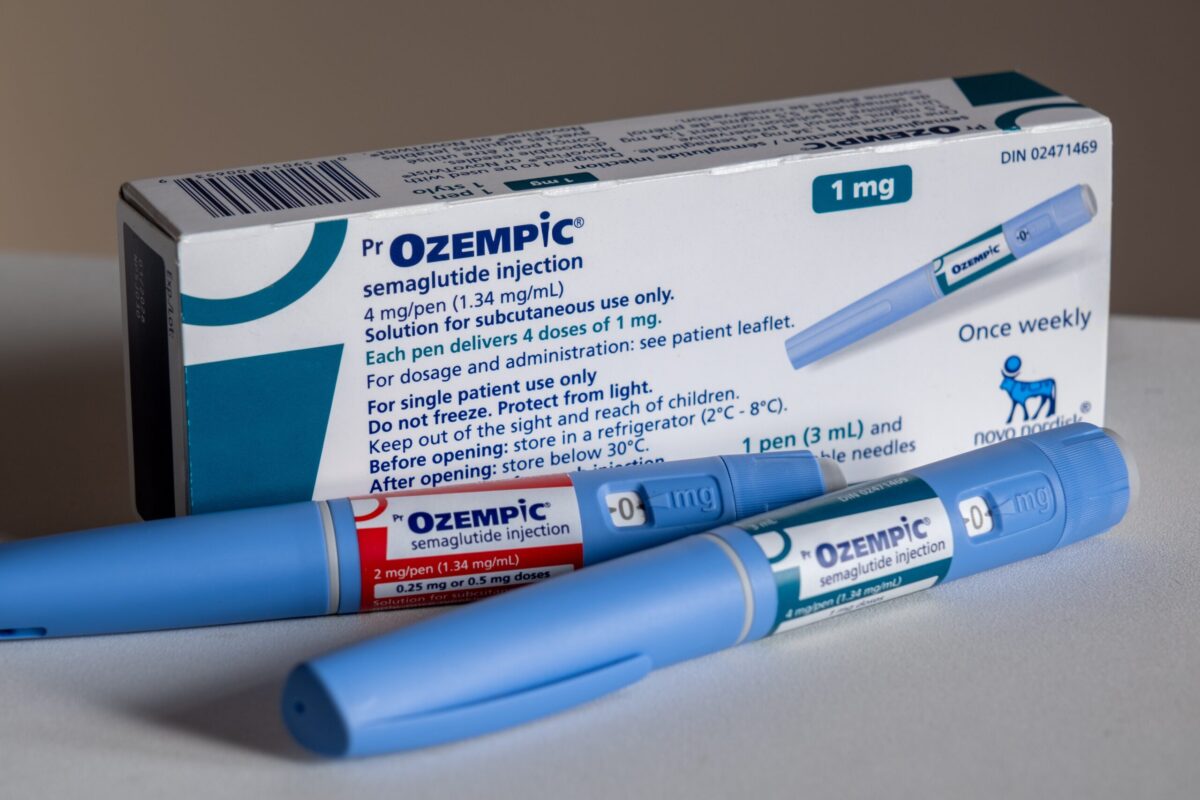
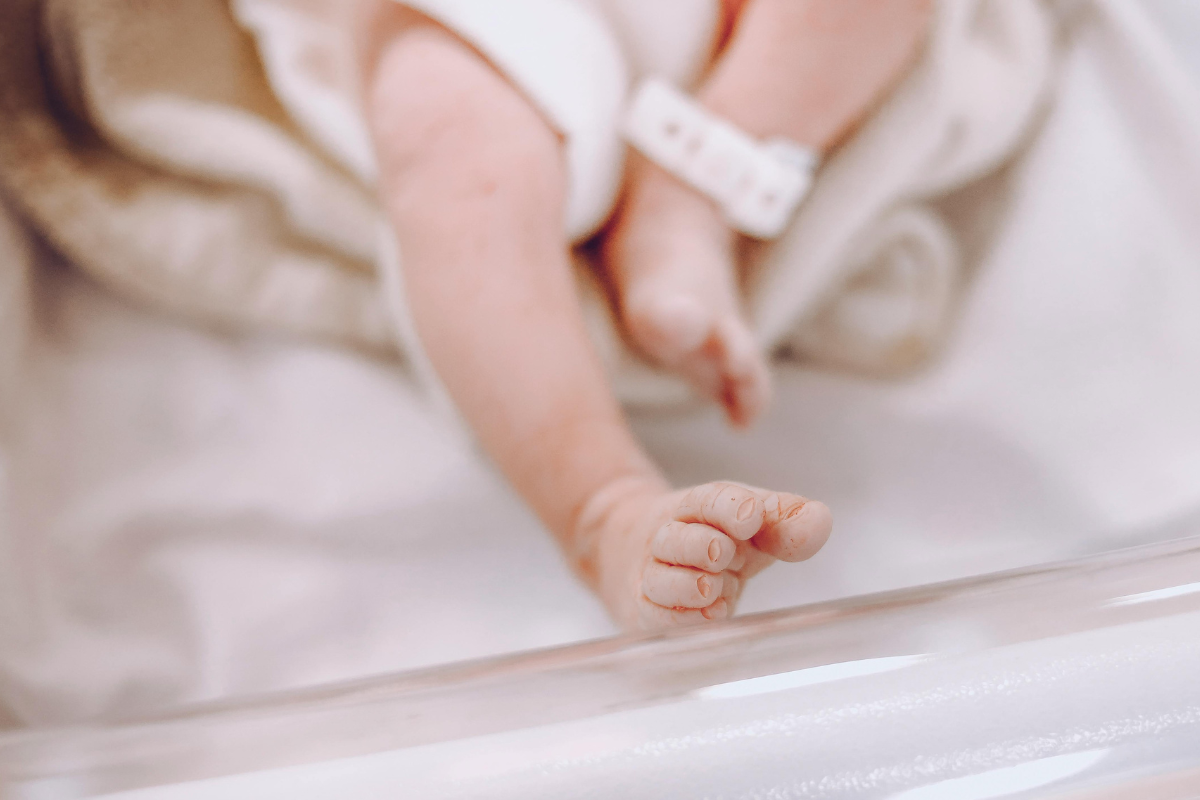

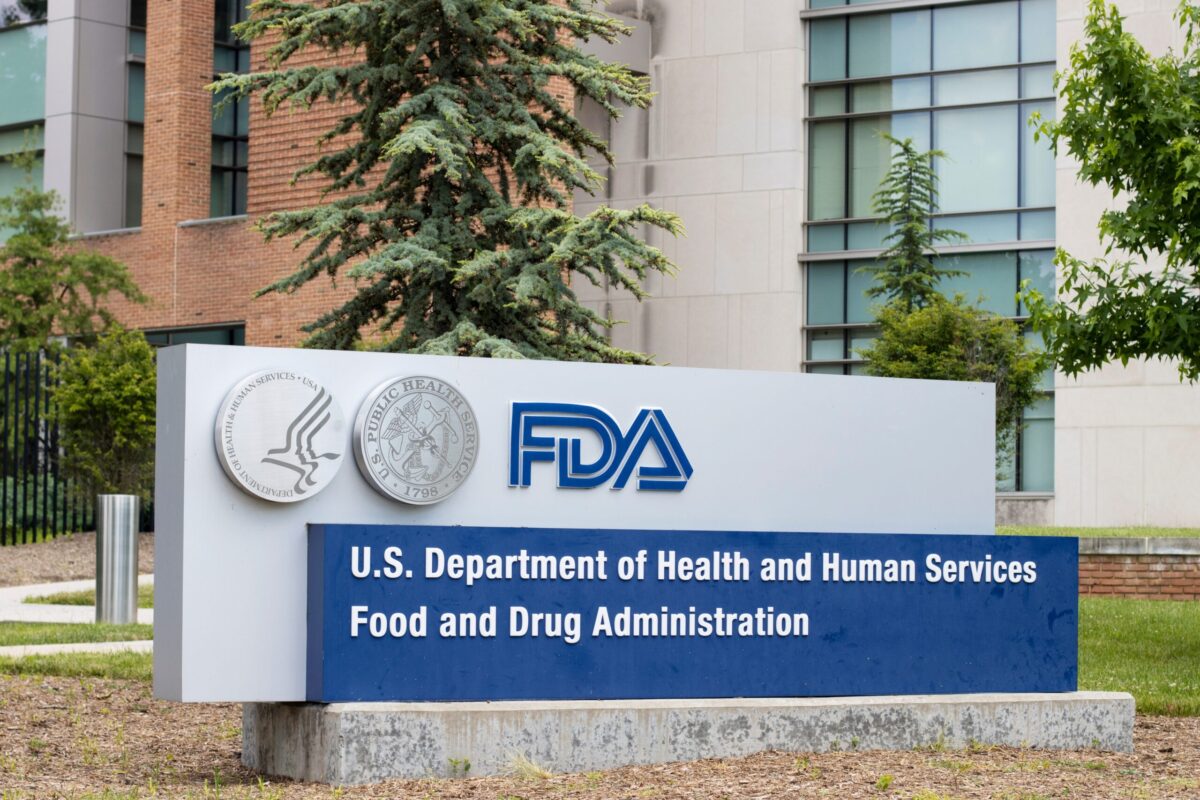





Join or login to leave a comment
JOIN LOGIN